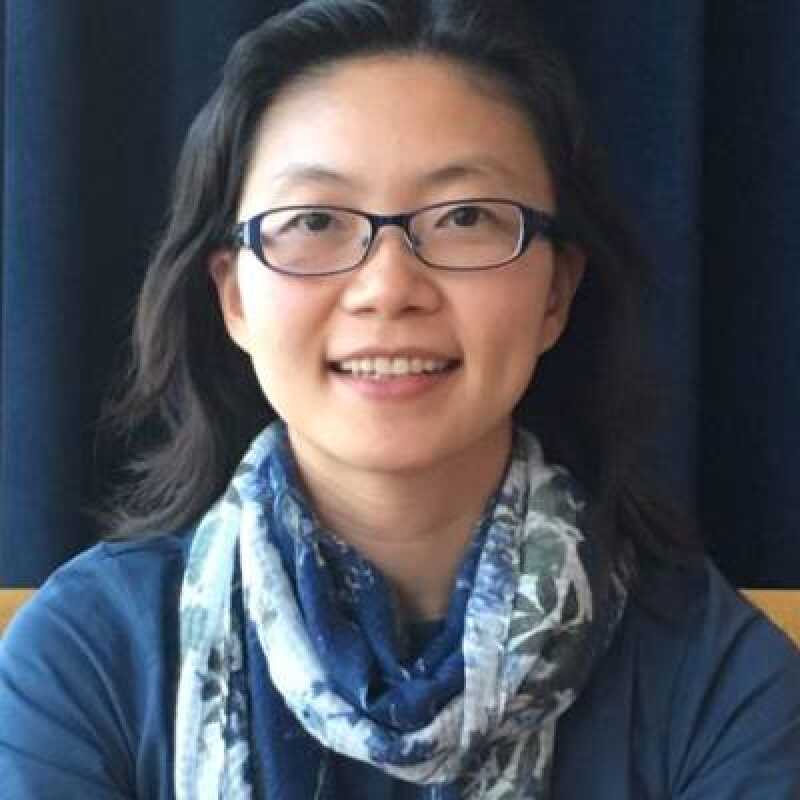- University of Kent
- School of Social Sciences
- People
- Professor Joy Y. Zhang
Professor Joy Y. Zhang


Joy Y. Zhang is a Chinese-born British sociologist with a first degree in medicine. She is the Founding Director of the Centre for Global Science and Epistemic Justice. She is also a lead founder of the BioGovernance Commons, a UK-US-China academic network that promotes good governance in the life sciences.
Her research focuses on the erosion of epistemic boundaries and the rise of cosmopolitan identities formed by changing disciplinary, geopolitical and state-society power relations. Her expertise is in expanding the transnational governance of risk beyond a Western-centric approach and in aligning theoretical frameworks with real-world challenges. Conceptually, her work contributes to sociological theories of risk, cosmopolitanism, decolonisation and subaltern politics. She has also undertaken empirical studies on emerging life sciences, food movements and environmental politics. She has an outstanding track record of consistently delivering high quality, high impact research.
Before joining SSPSSR, Dr Zhang worked at l’École des Hautes Études en Sciences Sociales (EHESS) in Paris and the London School of Economics and Political Science (LSE), where she also obtained her PhD in Sociology in 2010 and MSc in 2006. Previous to that, she graduated from Peking University Health Science Centre, majoring in clinical medicine. Dr Zhang is a Visiting Fellow at the Global Biopolitics Research Centre, Kings College London, an Affiliated Researcher of le Collège d’Etudes Mondiales, Fondation Maison des sciences de l’homme (FMSH), France. She is also a member of the Human Practices Committee of the International Genetically Engineered Machine (iGEM) competition.
Dr Zhang has always tried to have a flavour of different lives when she can. She once worked as a journalist and a columnist and she obtained an accounting certificate issued by China’s Ministry of Finance. Most importantly, she’s keen on exploring artistic tools in exploring bioethical and sociological questions. To date, she has had three solo photographic exhibitions (two of which were sponsored by Canon, China). She loves being a sociologist, but if you ask her what her ‘dream job’ would be, it’s being an art restorer.
She has obtained individual research grants from the British Academy, the British Council, the Economic and Social Research Council, the Wellcome Trust, the Independent Social Research Foundation in the UK, the National Science Foundation and the Department of State in the US, as well as la Fondation Maison des Sciences de l’homme in France. She has also been interviewed by more than 30 media outlets, including the Science, Nature, MIT Technology Review, ABC (Australia), BBC, CNN, El Pais (Spain), ARD German Radio, South China Morning Post, the Associated Press and Statnews.
We are living in a global risk society, which has complicated the legitimising devices for scientific policies and has rendered social space for subaltern actors to develop new modes of intervention. Dr Zhang has established her expertise in the transnational governance of emerging science in the nexus of these themes.
Dr Zhang emphasises aligning theoretical frameworks with real-world challenges. Her work has fed into the policy-making of the Royal Society in the UK, China’s National Health Commission, and China’s Ministry of Science and Technology.Research interest highlights
Undergraduate
Postgraduate
Dr Zhang welcomes students with interests in the social study of risk, emerging technologies, genome editing, health, bioethics, public engagement of science, science policy, science diplomacy, governance, environmental politics or state-society relations.
Membership:
Loading publications...
Showing of total publications in the Kent Academic Repository. View all publications